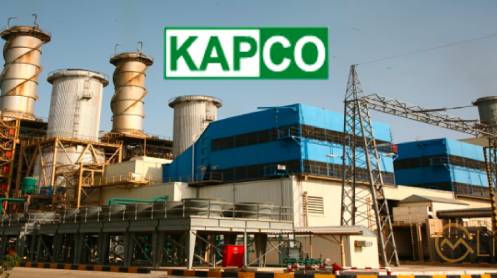WASHINGTON: The US State Department has conveyed a clear message to Pakistan’s new rulers, emphasising the importance of collaboration with the International Monetary Fund (IMF) and economic reforms for stability.
In response to a set of questions from Dawn, a State Department spokesperson underscored the enduring partnership between the two nations, stating, “We value our long-standing partnership with Pakistan and have always viewed a strong, prosperous, and democratic Pakistan as critical to US-Pakistan interests.”
The spokesperson also highlighted the shared interests of the two countries, which include “bolstering the country’s economy through trade and investment, strengthening security cooperation, advancing democratic institutions, improving social outcomes, and promoting respect for human rights.”
On Pakistan’s economic challenges, the State Department official expressed support, stating, “We support Pakistan’s efforts to manage its daunting debt burden and reduce its reliance on international financing. We urge Pakistan to continue working with the IMF and other international financial institutions to implement long-overdue macroeconomic reforms.”
Addressing the issue of food security, the spokesperson said the United States was already working extensively with Pakistani and humanitarian partners to “ensure that vital food assistance reaches those who need it most.”
Asked if the US would encourage more investments in Pakistan, the spokesperson said that in 2022, Americans invested $250 million in Pakistan and have announced more than $1.5 billion in investment plans in Pakistan since 2019.
But he also mentioned the challenges faced by investors in Pakistan, noting, “We would like to see more companies invest in Pakistan, but we also need to see economic reforms and a change in the business climate that makes it easier for investors.”
When queried about the potential resumption of military assistance to Pakistan, the State Department spokesperson opted to highlight the ongoing anti-terrorism cooperation between the two nations.
The response clarified, “We remain committed to working with Pakistan to address the shared threat posed by terrorist groups throughout the region and support the Pakistan government’s efforts to combat terrorism.”
Rather than directly addressing the question of military aid, the emphasis was placed on collaborative efforts against terrorism, signalling a commitment to counterterrorism initiatives as a key aspect of the bilateral relationship.
On the potential for US assistance in negotiating a deal with the IMF, the spokesperson said, “We stand by the Pakistani people and recognise the difficulties of high inflation and economic hardship. Pakistan still faces enormous economic challenges and needs to implement structural reforms. This government has indicated that this will be at the top of their agenda.”
Addressing concerns about bureaucratic hurdles and over-regulation, the State Department official stressed, “Treating current investors well, including by allowing foreign companies to repatriate profits from their operations in Pakistan, is the best way to attract new investment.”
When asked about the possibility of another war over water disputes between India and Pakistan, the US official emphasised diplomatic solutions, stating, “The pace, scope, and character of any dialogue are a matter for India and Pakistan to determine. Of course, above all, we would like to see these discussions take place productively and peacefully.”
In response to inquiries about potential assistance in resolving disputes between Pakistan and India over the Indus Water Treaty, the spokesperson pointed out that the US was not a party to the Indus Waters Treaty but “we encourage the countries to resolve issues under the treaty”.
Regarding a suggested food bank to help the poor, the spokesperson expressed the US government’s commitment to addressing food security as a top priority.
He highlighted a comprehensive approach reflecting the US commitment to supporting food security initiatives in Pakistan through both governmental and private sector contributions.
The conversation provided a comprehensive view of the US State Department’s stance on economic challenges, investor concerns, counterterrorism efforts, and regional diplomatic issues, showcasing a nuanced and cooperative approach to its relationship with Pakistan.





